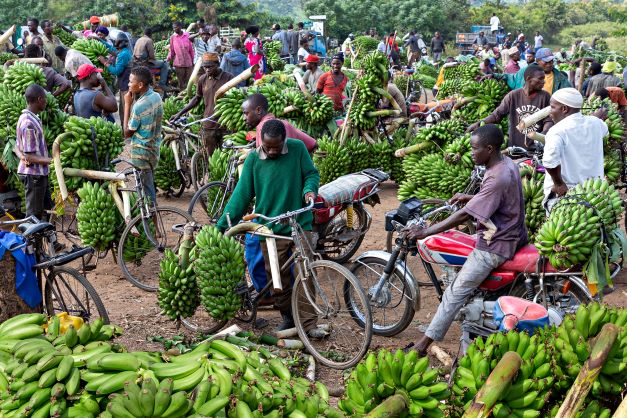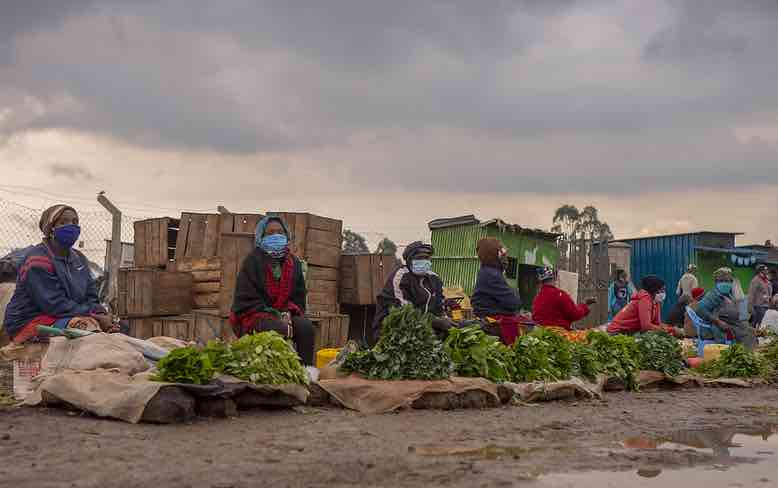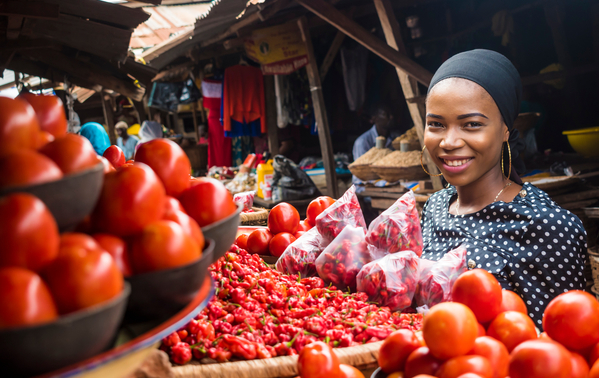Bringing about policy change requires an in-depth understanding of underlying political economy dynamics. Thus, the five strategic research areas all integrate various aspects of political economy to strengthen the application of the research findings and recommendations, starting from the fundamental hypothesis that food system actors or stakeholders (whether governmental or nongovernmental) favor actions or outcomes that best serve their own interests or the interests of the groups they represent. To help with implementing food system solutions, IFPRI’s work will also aim to build trust among the various state and nonstate stakeholders and strengthen their capacities for cross-border cooperation, in addition to strengthening cross-border institutions for improved implementation, coordination, and governance of interventions. Beyond investment constraints, the process of agricultural transformation across Africa also suffers from poor coordination among key stakeholders, poor governance and management, and insufficient inclusion of many communities. The proposed approach includes:
- Building coordination mechanisms to reinforce synergies among all stakeholders and strengthen the integration of upstream and downstream value chain links, and establishing a comprehensive supply of services for all actors along regional agricultural value chains.
- Analyzing key implementation bottlenecks and identifying drivers of change in policy implementation.
- Supporting evaluation of large investment programs to learn what works in driving policy change for impact.



